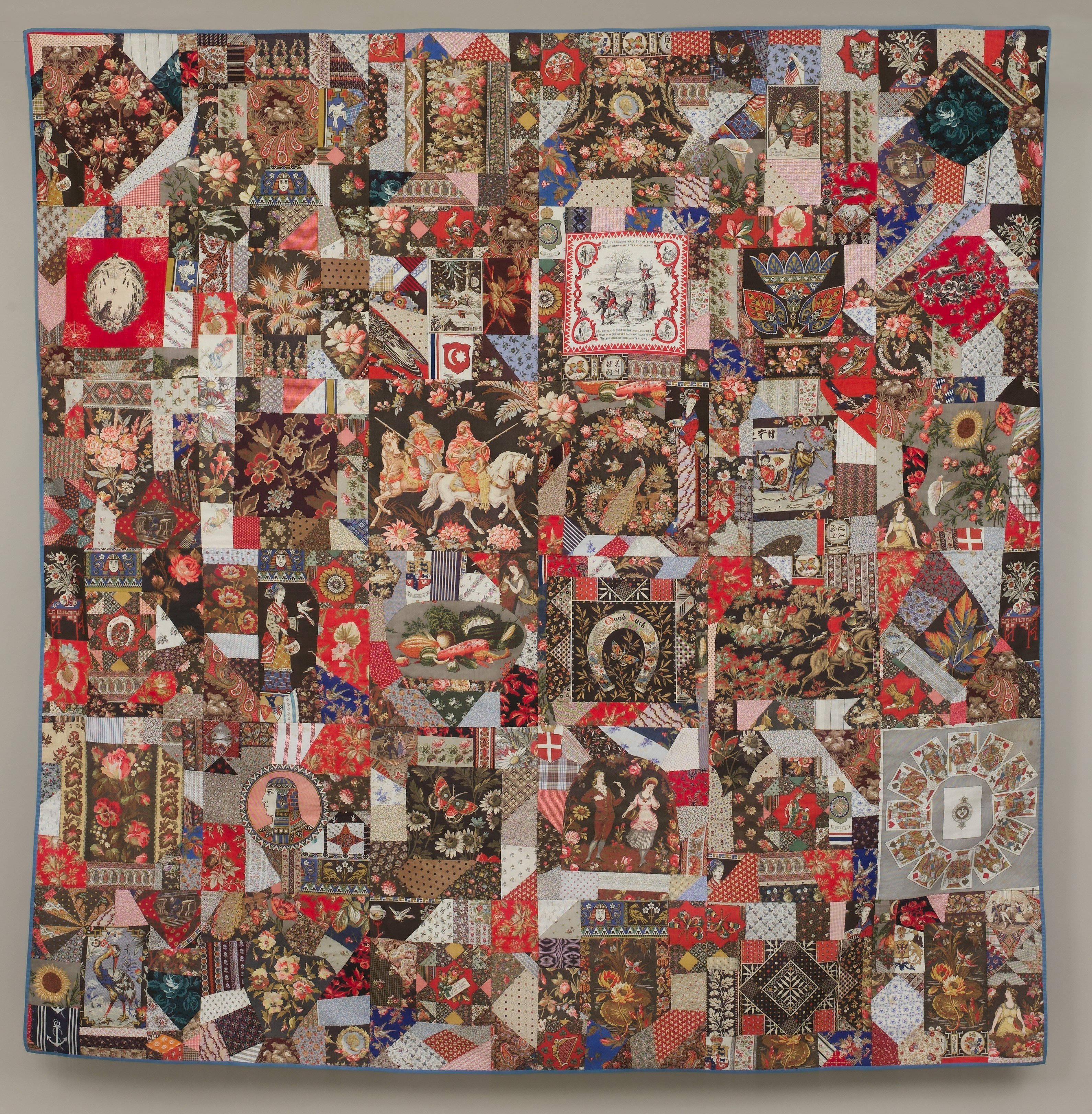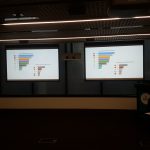Brady Robards (Monash) presented the fourth ‘First Fridays’ seminar on ‘Queer Tumblr’ at Deakin Downtown on 4 May.
Listen to Brady Robards on ‘Queer Tumblr’
Affective Queer Intensities on Tumblr
More than other more mainstream social media platforms, there’s something queer about Tumblr. Tumblr is a highly visual blogging platform where (almost) anything goes – depending on who you follow, newsfeed might reveal cute pictures of cats, stunning architecture, explicit pornography, Harry Potter fan fiction, and political commentary all within a few scrolls. Tumblr also supports multiple accounts, pseudonyms over ‘real names’, and the capacity to share (reblog) content into your own blog that can become a curated assemblage of taste, aesthetic, and intimation.
In this paper, I build on Cho’s (2015) theorisation of affective queer intensities on Tumblr to make sense of some empirical data that has sought to examine the role of social media in the lives of young LGBTIQ+ people in Australia. Our LGBTIQ+ respondents (n=1304), aged 16-35, reported using Tumblr five times more than respondents in other general population surveys, suggesting that there is something decidedly queer about Tumblr. Our respondents explained that Tumblr was significant as a site for sourcing information and learning, while also feeling connected to other queer and gender diverse people. At the same time, aligning with Cho’s (2015) theorisations of affective queer intensities, our respondents also reported feeling overwhelmed and sometimes burdened by the intensity of Tumblr. We draw together narratives from our respondents that point to how Tumblr can be productive, supportive and important for identity-work, at the same time as it can be toxic and exclusionary.
About the Speaker
Seminar Photos
About the Series
Deakin University Gender and Sexuality Studies holds a public monthly seminar series on the first Friday of each month at Deakin Downtown in Melbourne’s CBD.
Find out more and register for future seminars.
Monthly postgraduate masterclasses are also open to Deakin University students.







